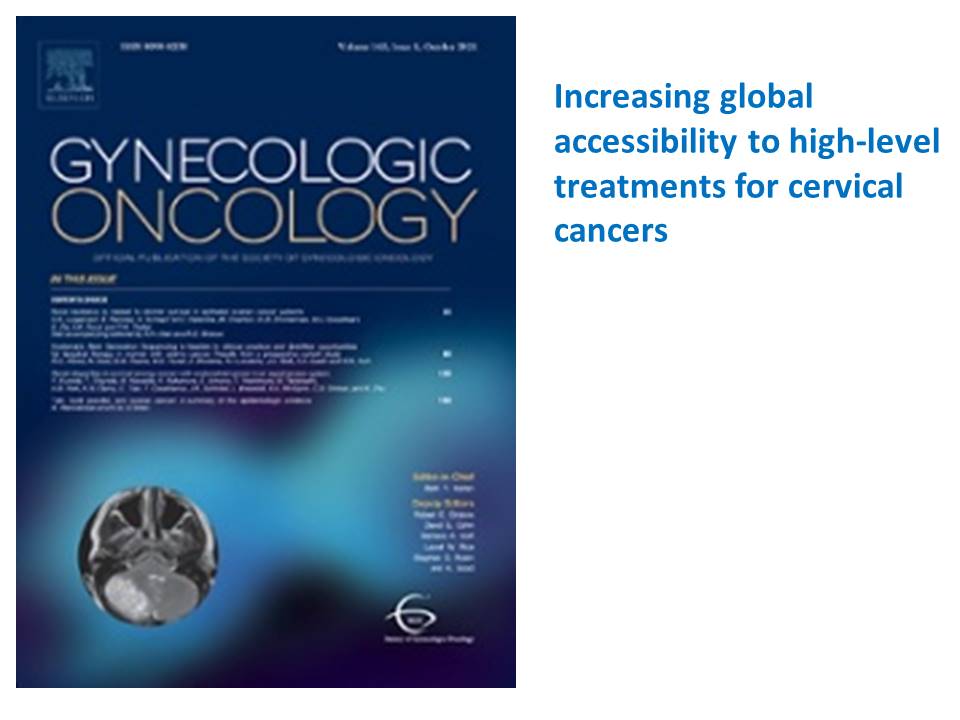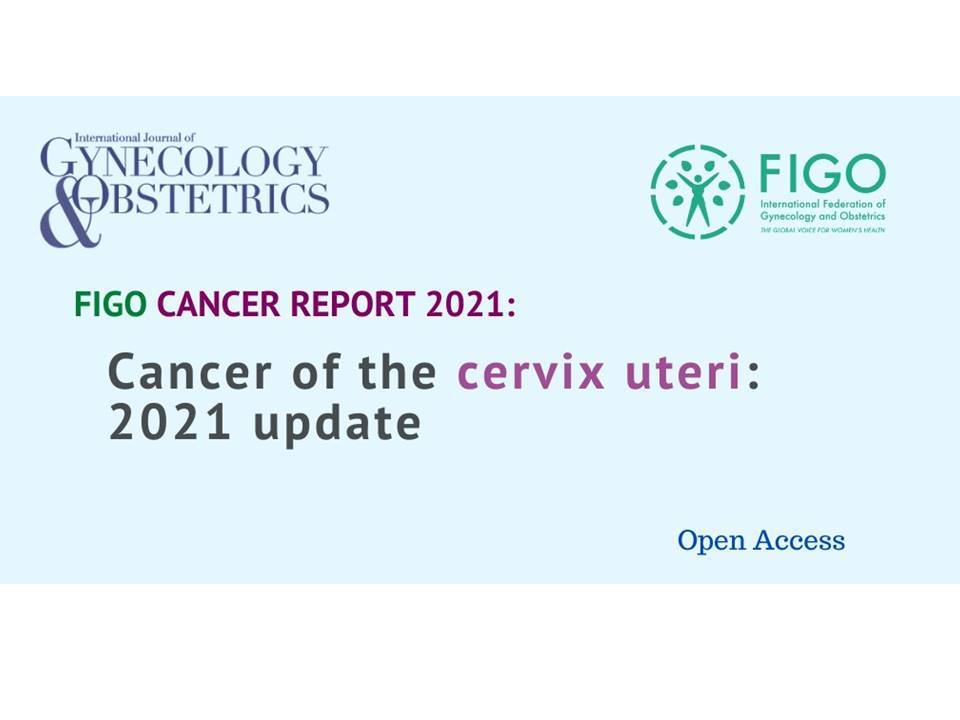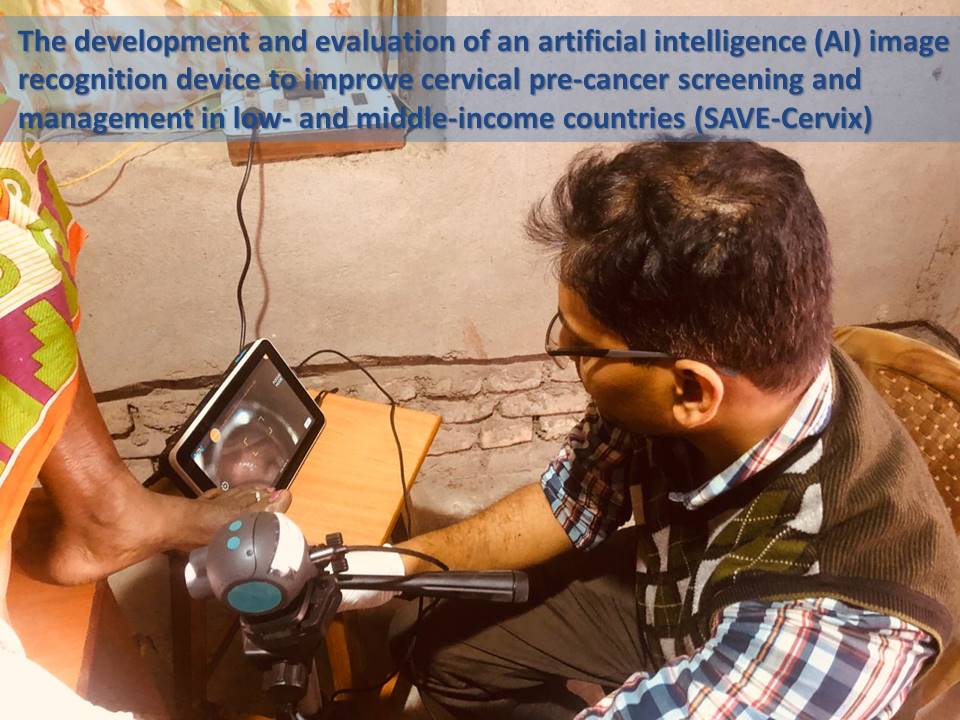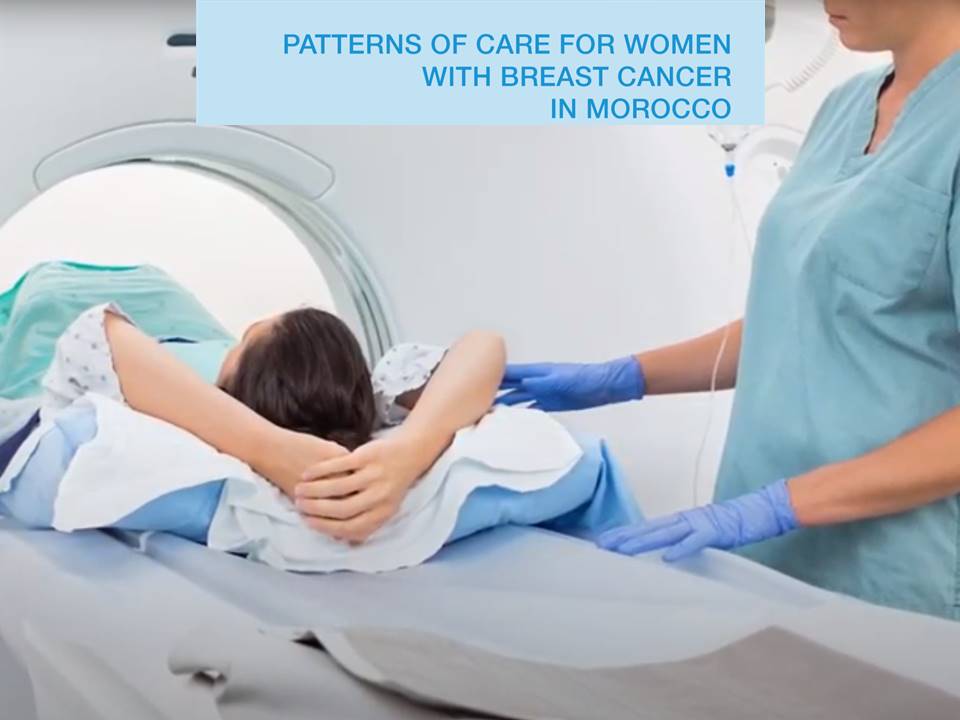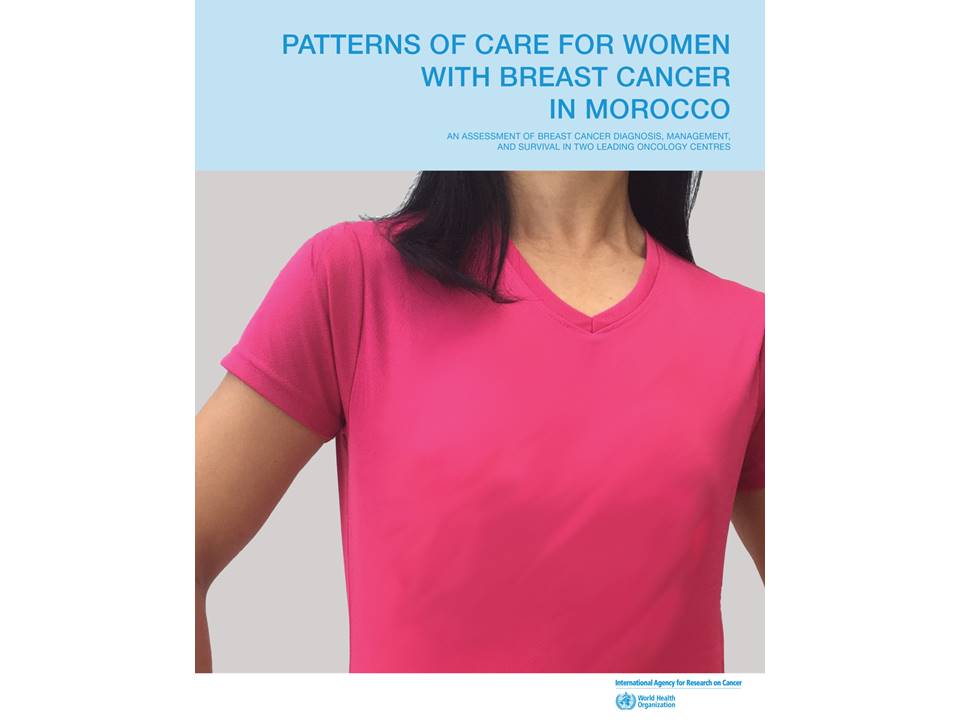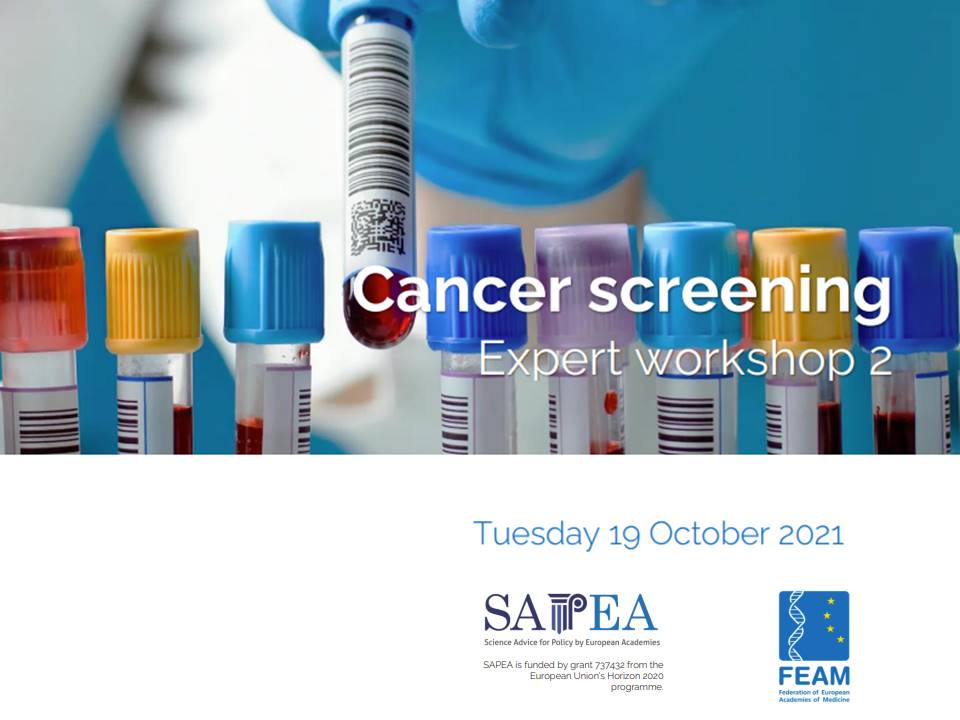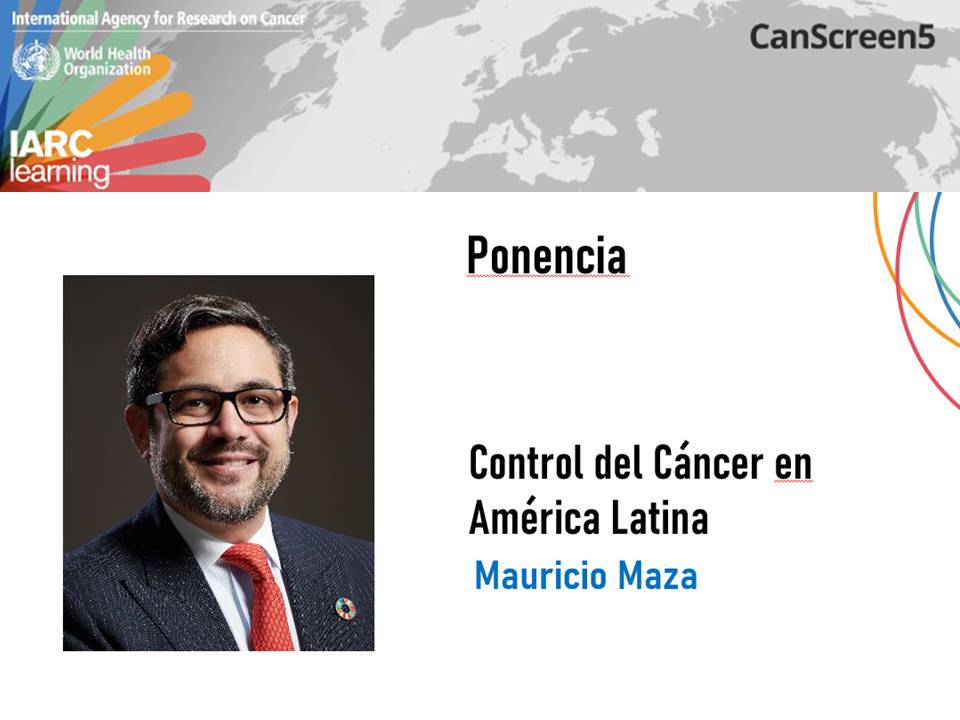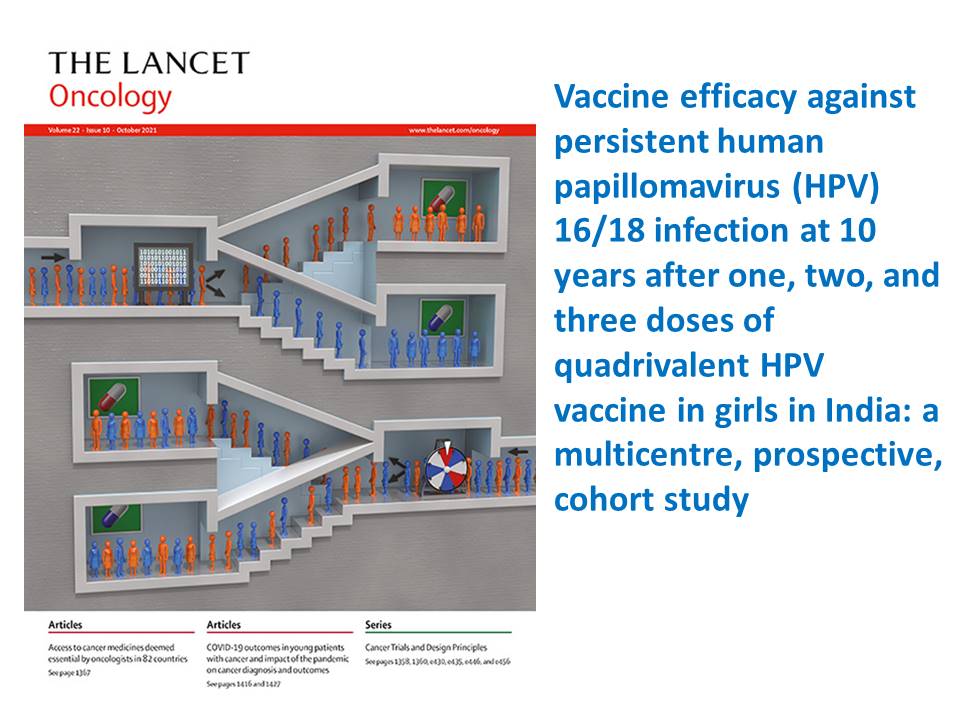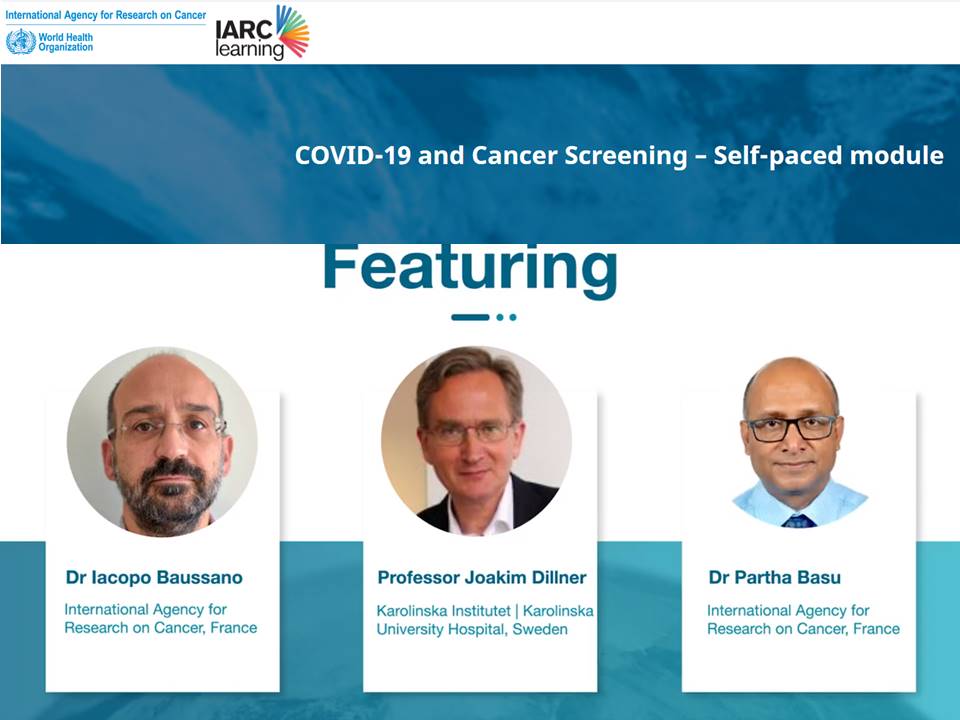Home / About the group / Visitors and news
Visitors and news
New publication: Increasing global accessibility to high-level treatments for cervical cancers28/10/2021The present article published in Gynecologic Oncology discusses the challenges to offer the best possible care to women diagnosed with invasive cancer.
View the article. |
New publication: Cancer of the cervix uteri: 2021 update27/10/2021In this publication, the authors reviewed the current state of early detection and prevention of cervical cancer and the management of cervical cancer based on the stage of disease, including attention to palliation and quality of life issues. n over 130 countries, including low- and middle-income countries, HPV vaccination is now included in the national program. Screening has seen major advances with wider implementation of HPV testing. View the article. |
Kick-off meeting: The development and evaluation of an artificial intelligence (AI) image recognition device to improve cervical pre-cancer screening and management in low- and middle-income countries (SAVE-Cervix)25/10/2021In collaboration with the All India Institute of Medical Sciences (New Delhi, India), the Cancer Institute (WIA) Chennai (Chennai, India), the Chittaranjan National Cancer Institute (CNCI) (Kolkata, India) and the National Cancer Institute (Bangkok, Thailand), the Early Detection, Prevention & Infections Branch/IARC is officially launching today the SAVE-Cervix project to facilitate the development and evaluation of an artificial intelligence (AI) image recognition device to improve cervical pre-cancer screening and management in low- and middle-income countries. View the SAVE-Cervix research summary page. |
Meeting: Beating liver cancer in Europe – the empowerment of prevention and early detection22/10/2021Dr Partha Basu, Deputy Head of Cancer Early Detection and Prevention Branch, highlights policies, new cancer screening scheme, and actions urgently needed to fight liver cancer in European Union within the framework of this High-level event on Beating liver cancer in Europe. This advocacy event was organized under the patronage of the Slovenian presidency of the Council of the European Union, the European Association for Study of the Liver (EASL) and the European Liver Patients’ Association (ELPA).
View the meeting information. |
New video: how breast cancer care was improved in Morocco?21/10/2021In this video, Dr Partha Basu, describes improvements and gaps in breast cancer screening and treatment in Morocco between 2008 and 2017. The study involved more than 2000 patients with breast cancer and documented the changing patterns of care over a decade, from 2008 to 2017, including temporal variations in breast cancer characteristics, the level of improvement in access to cancer diagnosis and treatment over time, the variations in practices related to breast cancer treatment, and the time trend of disease-free survival for these patients. View the video. |
New publication: Patterns of care for women with breast cancer in Morocco: an assessment of breast cancer diagnosis, management, and survival in two leading oncology centres21/10/2021This new publication summarizes the outcomes of a patterns-of-care study implemented by IARC in collaboration with the Ministry of Health of the Kingdom of Morocco and the Lalla Salma Foundation for Cancer Prevention and Treatment, to assess how far state-of-the-art cancer diagnostics and therapy have been disseminated into routine oncology practice in Morocco. The findings highlight the improvements in breast cancer care that occurred in Morocco as a result of pragmatic policies and systematic planning by the Moroccan Ministry of Health. Recommendations for strengthening breast cancer care in Morocco are also included in the publication. View the publication, the IARC news and the project page. |
Workshop: How can cancer screening programmes targeting breast, cervical and colorectal cancers, be improved throughout the EU?19/10/2021Dr Partha Basu, Deputy Head of Early Detection, Prevention and Infection Branch, presented the State of affairs: existing cancer screening programmes in the European Union. This workshop was organized by the Federation of European Academies of Medicine (FEAM) and Science Advice for Policy by European Academies (SAPEA). View the cancer screening topic page on the SAPEA website. |
First live session of CanScreen5 Train the Trainers learning programme to Latin American countries14/10/2021The fourth CanScreen5 Train the Trainers learning programme has held its first live session. The fourteen participants from five countries attended a keynote lecture from Dr Mauricio Maza, PAHO regional advisor for cancer prevention and control. Dr Maza presented the situation of cancer control in Latin America and explained the ongoing projects in the region. Learn more about the CanScreen5 platform and our project to reduce inequalities in cancer screening in CELAC region. |
New publication: Vaccine efficacy against persistent human papillomavirus (HPV) 16/18 infection at 10 years after one, two, and three doses of quadrivalent HPV vaccine in girls in India: a multicentre, prospective, cohort study11/10/2021IARC scientists have demonstrated, for the first time, the efficacy of a single dose of the human papillomavirus (HPV) vaccine in adolescent girls against persistent infection with HPV types 16 and 18. A single dose of HPV vaccine provides similar protection against persistent infection from HPV 16 and 18, the genotypes responsible for nearly 70% of cervical cancers, to that provided by two or three doses. The researchers’ findings could signal a fundamental shift in the accessibility of vaccination against HPV. These results were published in the journal The Lancet Oncology. View the publication, and the IARC news |
World Cancer Report Update Webinar - The Impact of Covid-19 on Cancer Screening06/10/2021What are the consequences of COVID-19 for cancer screening? What challenges have been encountered by countries? What could be turned into an opportunity, and what lessons have been learned? Could the lessons learned help countries to “build back better”? The webinar addresses these questions and provides examples from low-income and high-income countries. Professor Joakim Dilner and Dr Partha Basu discussed about COVID-19 and cancer screening during this webinar chaired by Dr Iacopo Baussano. View the webinar and the self-pace module. |




